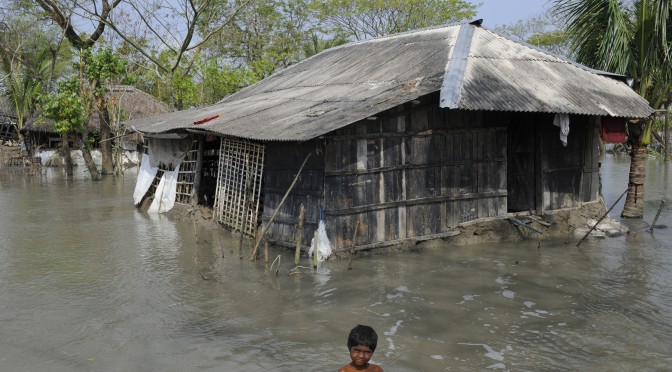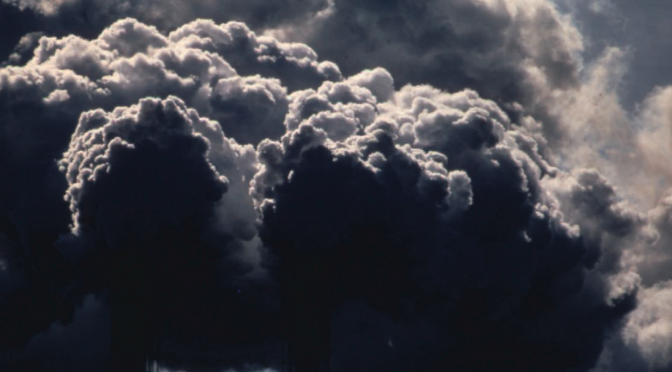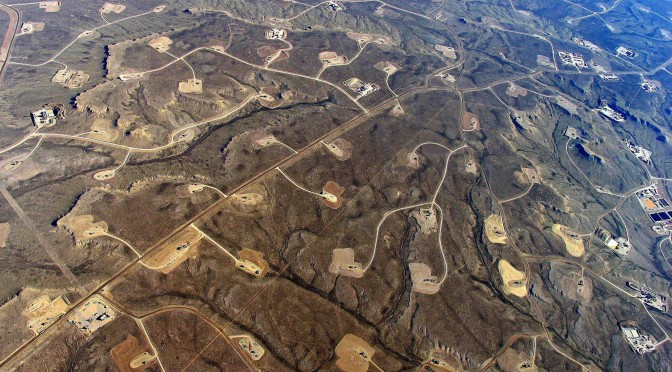By Michael O’Neil, for Trade Unions for Energy Democracy
In the Chittagong district of Bangladesh, thousands of villagers held what they described as a peaceful protest over multiple days at the construction site of twin coal-fired power plants. The plants, costing $2.4 billion, are backed by Chinese companies and the project had just commenced leveling farmland to prepare for construction.
Police opened fire on the villagers on Monday, claiming the protesters had injured 11 officers. Four protesters were killed, with dozens more wounded. According to the district Police Chief, charges have been filed against 3,200 protesters although, incredibly, only 57 individuals have actually been named in the cases.
According to Agence France-Presse, protesters are concerned that the mass case filed by the police:
“…could give authorities extra powers to harass or detain anyone protesting against the project.
‘Police will now use their power indiscriminately against any villager who speaks against the plants,’ a schoolteacher who lives in the village told AFP by phone on condition of anonymity.”
Today, “hundreds of villagers” regrouped at the construction site to demand justice for the four killed on Monday, and relatives of two victims have filed cases against the police.
Photo by DFID via flickr (CC-BY-NC-ND)

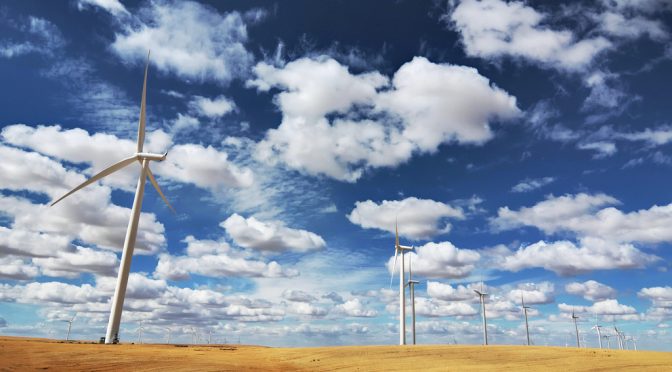
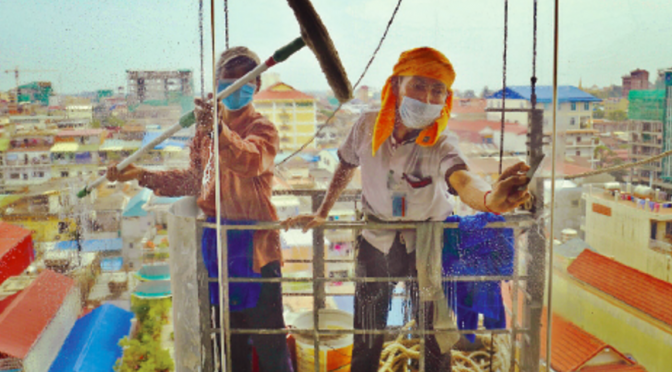
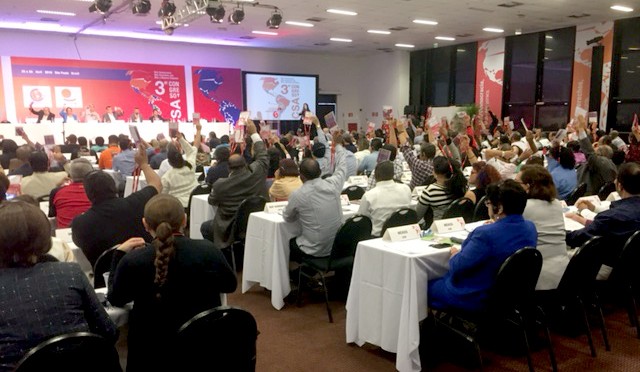
 More than 500 delegates representing unions in the Americas today adopted a ‘base document’ that included a call for governments in the hemisphere to issue a moratorium on fracking. Via the TUED-initiated
More than 500 delegates representing unions in the Americas today adopted a ‘base document’ that included a call for governments in the hemisphere to issue a moratorium on fracking. Via the TUED-initiated 